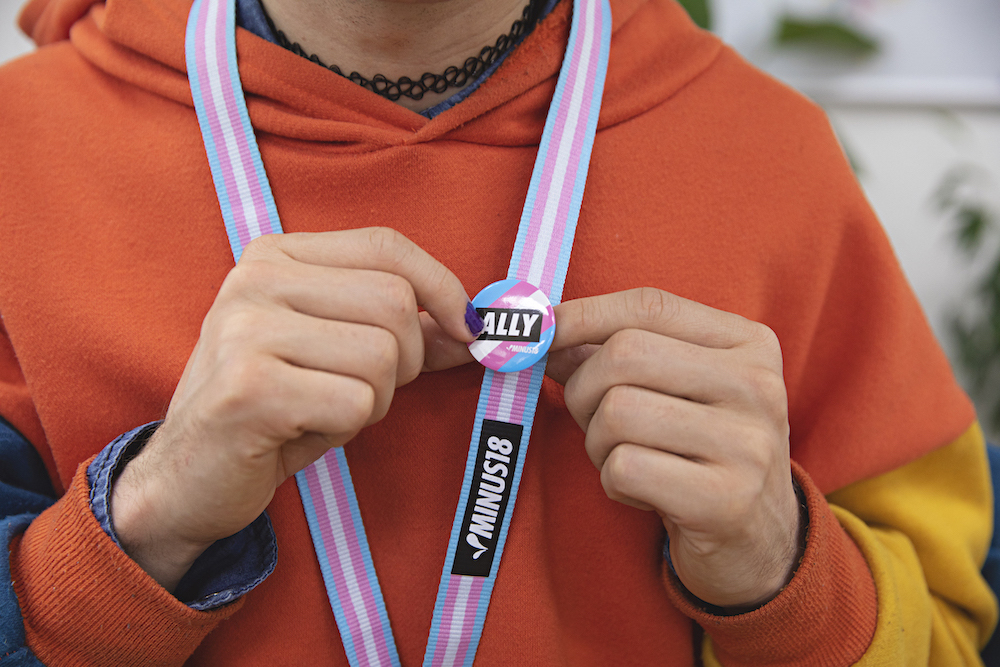
Trans Day of Visibility: Staying visible during social-isolation
January 09, 2017
Instead of jumping on a plane to deliver an in-person Trans Day of Visibility Q&A in Perth, quarantine measures meant our Education Team had to put their heads together to figure out how to show the world that even in a global pandemic, we would #beseen.
Minus18 went LIVE for the very first time during TDOV! Covered in as many trans and non-binary flags as we could hustle, four of our brilliant team members held a Q&A panel that was accessed by over 150 people internationally - we welcomed new pals from New Zealand, South Africa, the United Kingdom and China, as well as from almost every state and territory in Australia!
We gathered an A-team of members from Minus18 HQ, including Asiel (from Minus18’s Board of Directors), Miller (our Events and Relationships Coordinator) and Seb (our Workshops Coordinator) - all a part of the trans and gender diverse community - who generously offered to lend their thoughts to your most asked questions.
What is Trans Day of Visibility?
March 31st marks one of the most important days of the calendar year - International Trans Day of Visibility. Founded in 2009 by transgender activist and psychotherapist Rachel Crandall, International Transgender Day of Visibility is an excuse for a bit of a party - a time for trans and gender diverse people to celebrate and share stories of the best parts from the journeys they’ve led. In addition to raising awareness of the discrimination faced by these communities, this day works as a platform for elevating the voices within them from all around the globe.
Your most asked questions
What are some of the biggest challenges that you know of for trans people living in smaller communities?
Asiel: 'I think access to gender-affirming care is a big one. Having to travel all the way to the city to get care is a huge burden. Gender affirmation for some people can involve multiple health professionals in their care; each one may represent a day of missing school or missing out on work or paying heaps just to get the care they need. It’s certainly something health professionals need to build on.'
How can I get my school to be more open and inclusive?
Seb: 'Changing a whole school can be really tough but it is possible with time! The first step would be to start having open discussions with your teachers and find at least 1 - 2 ally teachers and/or wellbeing staff that are willing to work with you. Creating an LGBTQIA+ inclusive school can be really overwhelming, which is why we offer workshops for teachers and students! Another really great way to start the conversation is by letting your teachers know about IDAHOBIT - check out our website so you can get your school involved!'
What advice would you give to teenagers at school who are trying to express themselves but are scared of being bullied?
Miller: 'I’d say take it at your own pace. Find your groove on your own, or with a small group of friends, and once you’ve got that support around you and you’re feeling your fabulous self, then put yourself out there. Don’t forget that there’s a community in our Minus18 TEENS group on Facebook who are going through the same thing and can help you come out of your shell. Lastly, don’t let the haters drag you down - they’re just jealous anyway.'
What ways can people celebrate themselves and the trans and gender diverse community if they aren't able to be out and proud?
*Asiel: '*I think the biggest thing for me was finding examples of gender diversity within my own culture. Knowing that it’s always been part of our history in different ways provided that bridge for me. In a way, I feel my gender is a celebration of my culture, really. The things which make me feel most valid and at home with myself is when I can wear more traditional Mexican femme things. To be “Out and Proud” reflects more of a pride in my culture and heritage rather than my gender or sexuality, if that makes sense.'
What is this Queer Formal we keep hearing about?
Miller: 'The Queer Formal is THE night of the year. It’s hosted by Minus18 and is designed for young people to celebrate themselves by bringing whatever partner they like and dressing in a way that affirms their gender identity. It’s obviously alcohol, drug and smoke free and is a night of live performances, djs and all the glitter in the world! We host these events in Melbourne, Sydney and Adelaide and they keep getting bigger and better each time!'
How can I represent trans and gender diverse individuals through my job title, even though I'm not trans or gender diverse?
Miller: 'You don’t have to be trans to show up for and support trans people. You do have to remember to always listen, always be guided by their needs and wants and never speak on their behalf.'
Often when guest speakers begin, they start with an Acknowledgement of Country. After the Acknowledgement in your workshop, the speaker then listed her pronouns. Should organisations start doing this, to promote diversity?
Tessa: 'I feel one of the key things to be aware of here is that an Acknowledgement of Country is a standalone act, that exists for important reasons unrelated to those that we might use to decide on introducing ourselves along with our pronouns. For an organisation that aligns itself with principles of diversity and inclusion, however, as an ally myself I would definitely suggest that the normalisation of pronouns within introductions would be a powerful (and relatively easy) step forward to take. A great way to start is to include them in individual email signatures, which will then begin to normalise the use of them in real-life introductions. Taking these steps will be seen as a huge act of solidarity on behalf of trans and gender diverse communities, and is now seen as one of the key parts of doing allyship for LGBTQIA+ people.'
If you were meeting someone for the first time, how would you want them to introduce themselves and their pronouns?
Miller: 'I’d prompt them by saying ‘Hey there, my name is Miller and I use she/her pronouns’. Either that or I’d simply ask ‘What pronouns do you use?’. There’s no need to hesitate or feel awkward; by being direct and asking, you’re showing respect and that’s AWESOME.'
What title (like Miss, Mrs and Mr) do non-binary people go by?
Miller: 'Great question! You don’t see it on forms often (unfortunately) but the gender neutral title is Mx (pronounced Mix). I love this and use it whenever the option is available as I feel that it accurately represents my identity; a mix of genders! I am, however, very passionate about encouraging people to remove titles from forms as it’s an unnecessary detail… You should add preferred name and pronoun fields instead!'
If someone tells you they use multiple pronouns (e.g. he/they) how should I address them?
Seb: 'Great question! I use ‘he’ and ‘they’ with the intention that I’m indicating that I’m comfortable with either. From my personal experience, this is usually always the case if someone introduces themselves with two or more different pronouns. It could be handy, however, to ask that person if they have a preference for which pronoun or if you should look for any visual indication on which to use. If in doubt, always ask!
Minus18 Workshops Team are going live!
Weren’t able to make this session, or know some people that you think would benefit from this kind of info, too? Our Q&A session was just a small sample of the kind of content we go through in our workshops, and we’re SO excited to venture into shifting our workshop offerings into virtual spaces.
We can guarantee you that we will be setting up plenty more opportunities to connect with the Minus18 team from the comfort of your computer.
Related articles
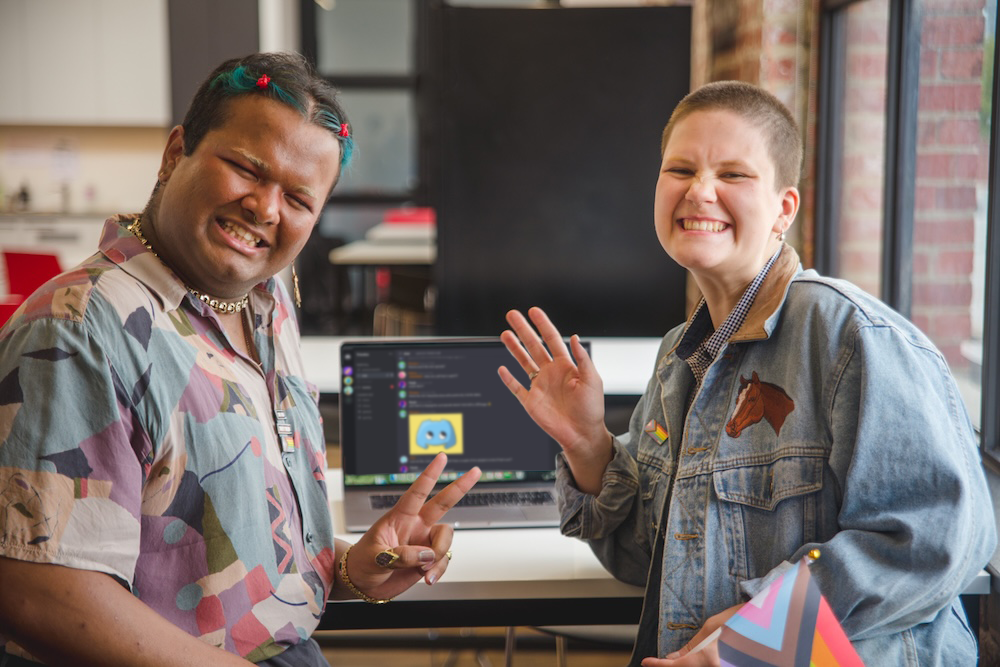
From December 10, big changes are coming for anyone in Australia under 16. Here's how we'll support you to remain connected with your community.
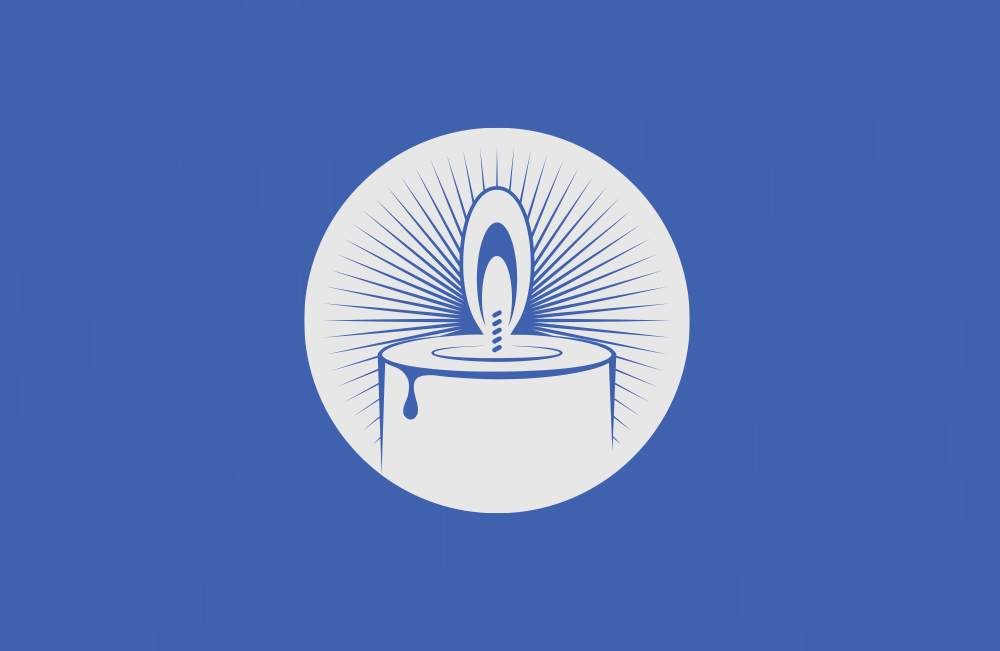
Trans Day of Remembrance is an important opportunity to honour those who have lost their lives to transphobic violence, and take a stand against transphobia.
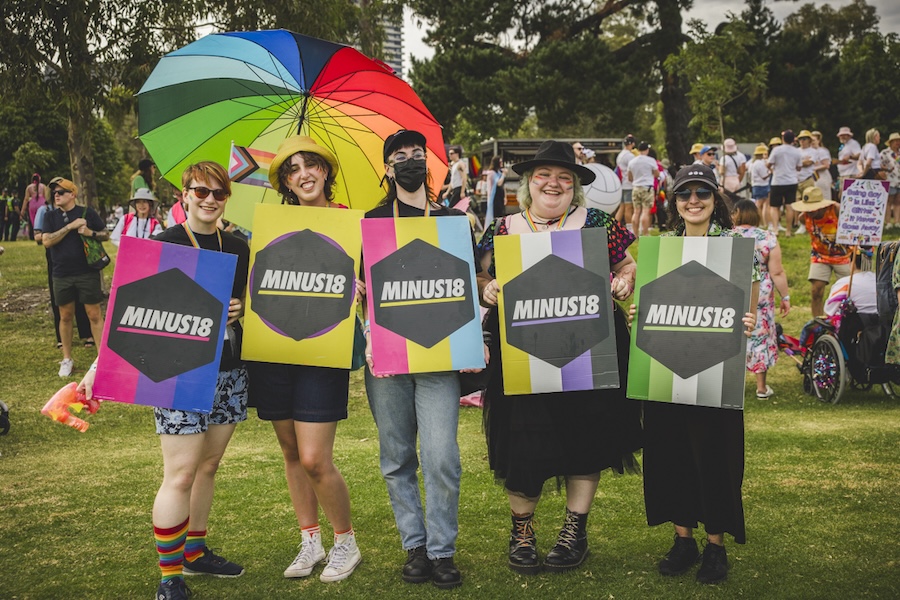
Labels can be comforting – a way to find people who understand you, and proof that you’re not alone. But it's also okay if you're still figuring it out.
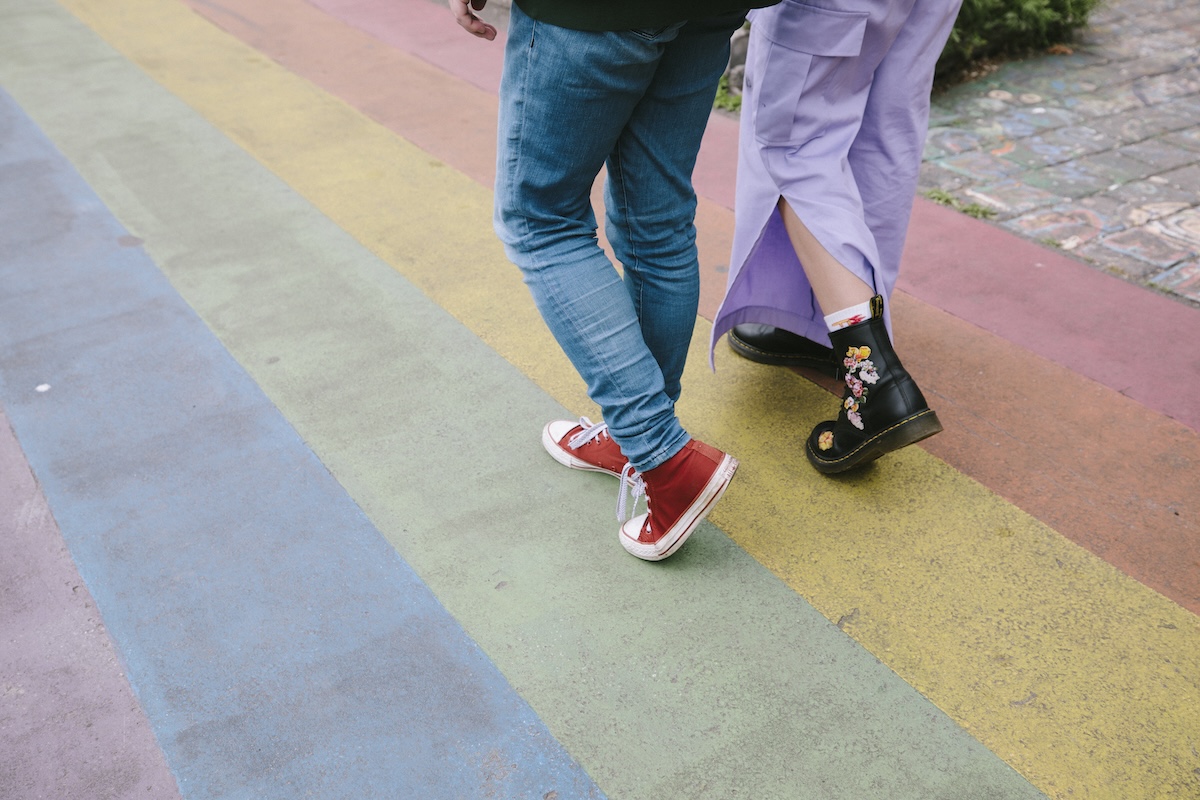
Uncertainty can be beautiful. Being “in-between” labels, between versions of ourselves, is part of life.